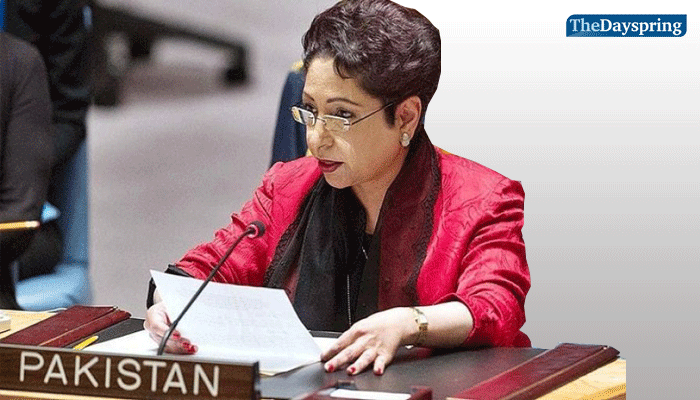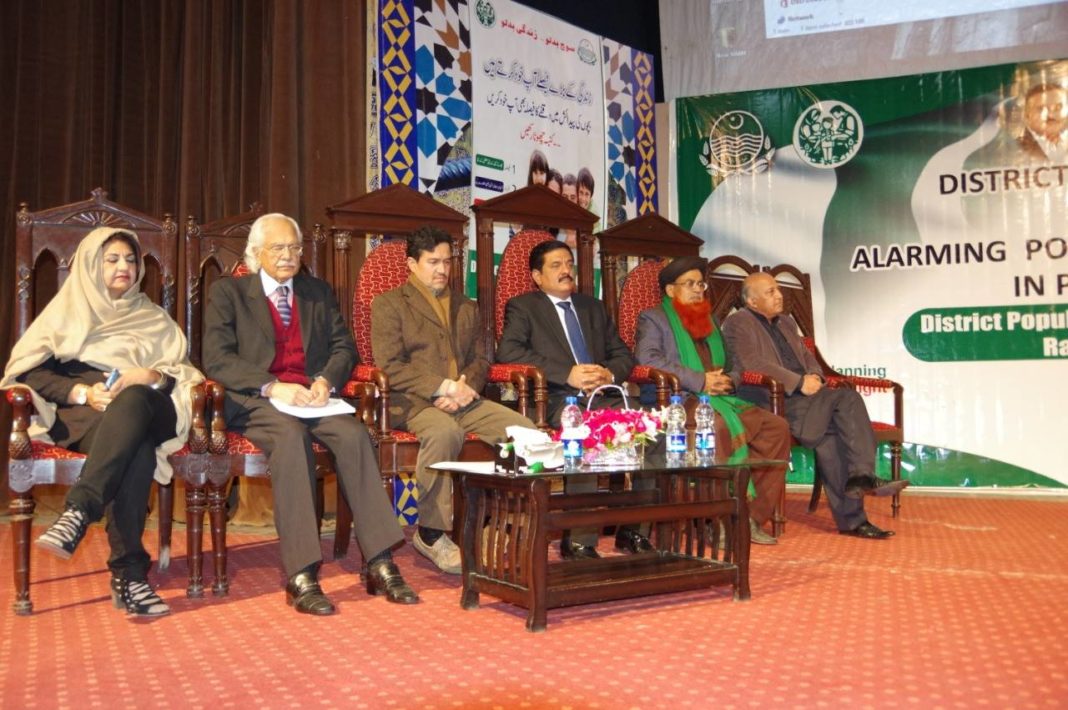NEW YORK : Pakistan’s Ambassador to the UN Maleeha Lodhi has told the United Nations that under the leadership of Prime Minister Imran Khan, the incumbent Pakistan Tehreek-e-Insaf (PTI) government is pursuing a number of people-centric policies “designed to eliminate poverty by boosting the sustainable economic growth of the country”.
“These policies are aimed at reducing inequality by promoting financial inclusion, agricultural growth, rural development, provision of educational opportunities, access to health care and poverty eradication,” Ambassador Maleeha Lodhi said.
The Pakistani envoy, who was speaking in the 57th session of the UN Commission for Social Development, also called for global cooperation to eradicate poverty and social development for all.
Ambassador Lodhi said that Pakistan’s big youth bulge had provided the government with a unique opportunity to benefit from the demographic dividend and harness the potential of youth by providing openings for their growth and development.
In addition, the Pakistani envoy said the Prime Minister’s Youth Programme aims to put up a number of schemes aimed at enabling youth and the working classes to access employment opportunities through skills development, higher education, and information technology.
At the same time, she said the new government has instituted a National Health Programme to provide health care to underprivileged citizens and ‘Insaf Sehat Cards’would potentially benefit over 15 million families for a start.
Pakistan, she said, considers education as an investment in its future. By implementing policies such as “Waseela-e-Taleem”, a conditional cash transfer programme to promote education, the government is seeking to provide basic education to all. This program has already benefited close to the country’s two million children.
“We also believe that the country’s social, political and economic development can only be sustained by strengthening mechanisms that ensure gender equality and women’s empowerment,” Ambassador Lodhi said.
Through social safety initiatives like the cash transfer-based and female empowerment-focused Benazir Income Support Programme (BISP), vulnerable segments are being helped to overcome extreme poverty and find livelihoods, the Pakistani envoy said.
Robust results-based monitoring systems to evaluate progress on a wide range of strategies have been put in place to ensure implementation of the Sustainable Development Goals (SDGs).
In her remarks, Ambassador Lodhi noted that despite a reduction in income inequality between countries in the past three decades, wide disparities within and among countries persist, based on income, gender, age, race, religion disability, and opportunity.
In this regard, she underscored the need for national and international commitment and action to reduce inequalities: “International cooperation and the promotion of partnerships and acceptance of mutual responsibility are of critical importance.”
“We hope our discussions this year will help lead to the realization of our shared goals of empowering the people by eradicating poverty and ensuring social integration,” she remarked.








